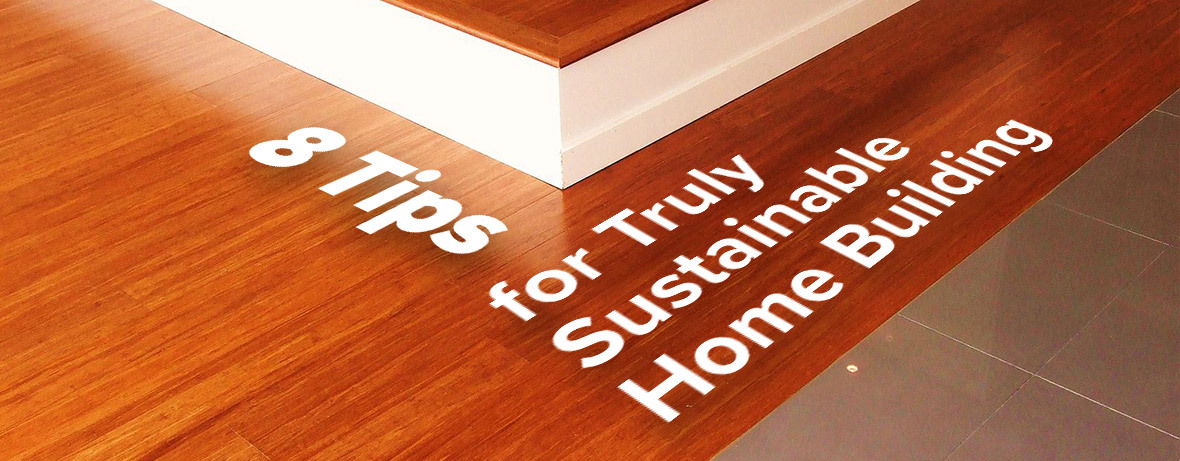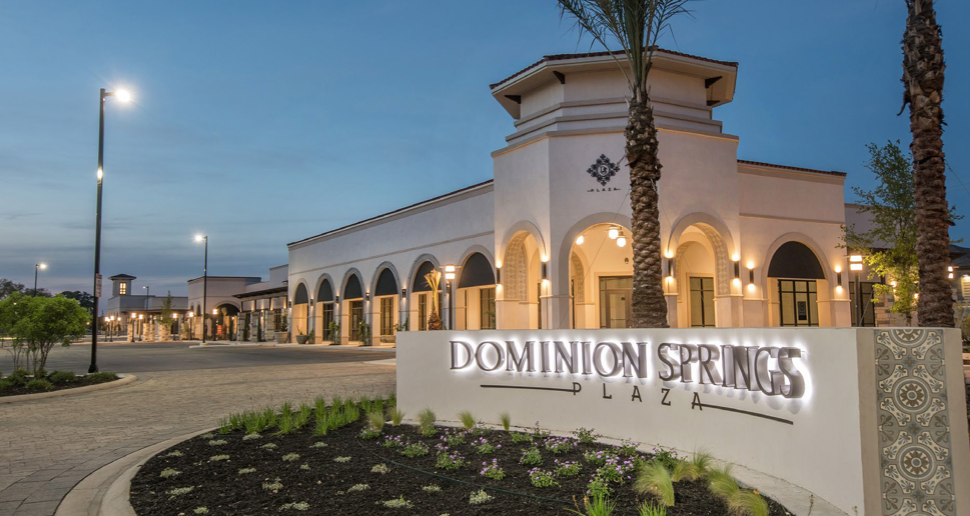
Passive Solar ICF Home Plans: Costs and Design Best-Practices

8 Tips for Sustainable Home Building

Innovations in Exterior Wall Construction: What You Need to Know
For generations, the construction of exterior walls has followed traditional practices that have primarily involved wood or steel framing. These methods have been the backbone of residential and light commercial construction, by providing shelter, stability, and a certain level of insulation.

How to Build a Shopping Mall: Key Steps and Considerations
Shopping mall construction is a complex and rewarding process that requires careful planning, efficient execution, and sustainable design. From site selection to final inspections, every step contributes to creating a thriving retail destination.

Why ICF Schools Are Setting the New Standard for Student Safety
School design has entered a new era. Safety now extends beyond code minimums and evacuation plans to the very walls that protect students and staff.
6 Little Known Energy Wasters Affecting Your Low-Rise Construction
By identifying these energy wasters, you can take the necessary steps to make the building more efficient.

Top 22 ICF Commercial Construction FAQs
Commercial ICF construction has strict standards, codes, budgets and timelines to follow, and making sure you implement ICFs accurately and efficiently is important. We compiled a list of the top ICF FAQs we get to help you feel confident in your decision to choose Insulated Concrete Forms for your next project.

Limitations of Insulated Metal Panels

Exterior Wall Thickness: How Thick Should Your Walls Be?
The exterior wall thickness of a home significantly impacts the house’s energy efficiency, disaster resistance, and IEQ. Learn how thick exterior walls should be.

6 Reasons Why Architects Choose to Design With Insulated Concrete Form (ICF) Construction